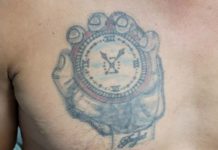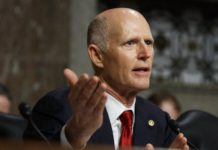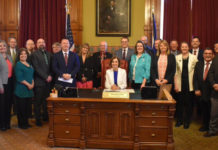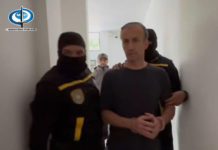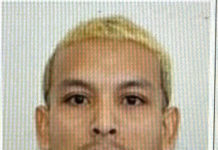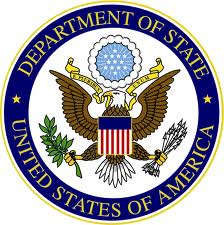
Bureau of Democracy, Human Rights and Labor
Country Reports on Human Rights Practices for 2012
Venezuela
EXECUTIVE SUMMARY
Venezuela is formally a multiparty constitutional republic. On October 7, voters reelected Hugo Chavez as president. Domestic election observers cited few irregularities on election day. Some groups noted the incumbent’s use of state resources created an unlevel electoral playing field. The process leading to the election heavily favored the candidacy of incumbent President Chavez. The Union of South American Nations (UNASUR) electoral “companion” mission described the elections as free and fair. In regional elections on December 16, voters elected 23 governors in elections that domestic election observers characterized as relatively free of widespread fraud but again noted the use of state resources for government candidates. There were some instances in which elements of the security forces acted independently of civilian control.
The principal human rights abuses reported during the year included corruption, inefficiency, and politicization in the judicial system; government actions to impede freedom of expression; and harsh and life-threatening prison conditions. The government did not respect judicial independence or permit judges to act according to the law without fear of retaliation. The government used the judiciary to intimidate and selectively prosecute political, union, business, and civil society leaders who were critical of government policies or actions. The government harassed and intimidated privately owned television stations, other media outlets, and journalists throughout the year, using threats, fines, property seizures, targeted regulations, and criminal investigations and prosecutions. Failure to provide for due process rights, physical safety, and humane conditions for inmates contributed to widespread violence, riots, injuries, and deaths in prisons.
In addition, the following human rights problems were reported by nongovernmental organizations (NGOs), the media, and in some cases the government itself: unlawful killings, including summary killings by rogue police elements; torture and other cruel, inhuman, or degrading treatment; inadequate juvenile detention centers; arbitrary arrests and detentions; corruption and impunity in police forces; political prisoners; interference with privacy rights; corruption at all levels of government; threats against domestic NGOs; violence against women; anti-Semitism in the official media; trafficking in persons; violence based on sexual orientation and gender identity; and restrictions on workers’ right of association.
The government sometimes took steps to punish lower-ranking officials who committed abuses, but there were no investigations or prosecutions of senior officials for alleged corruption or abuses.


